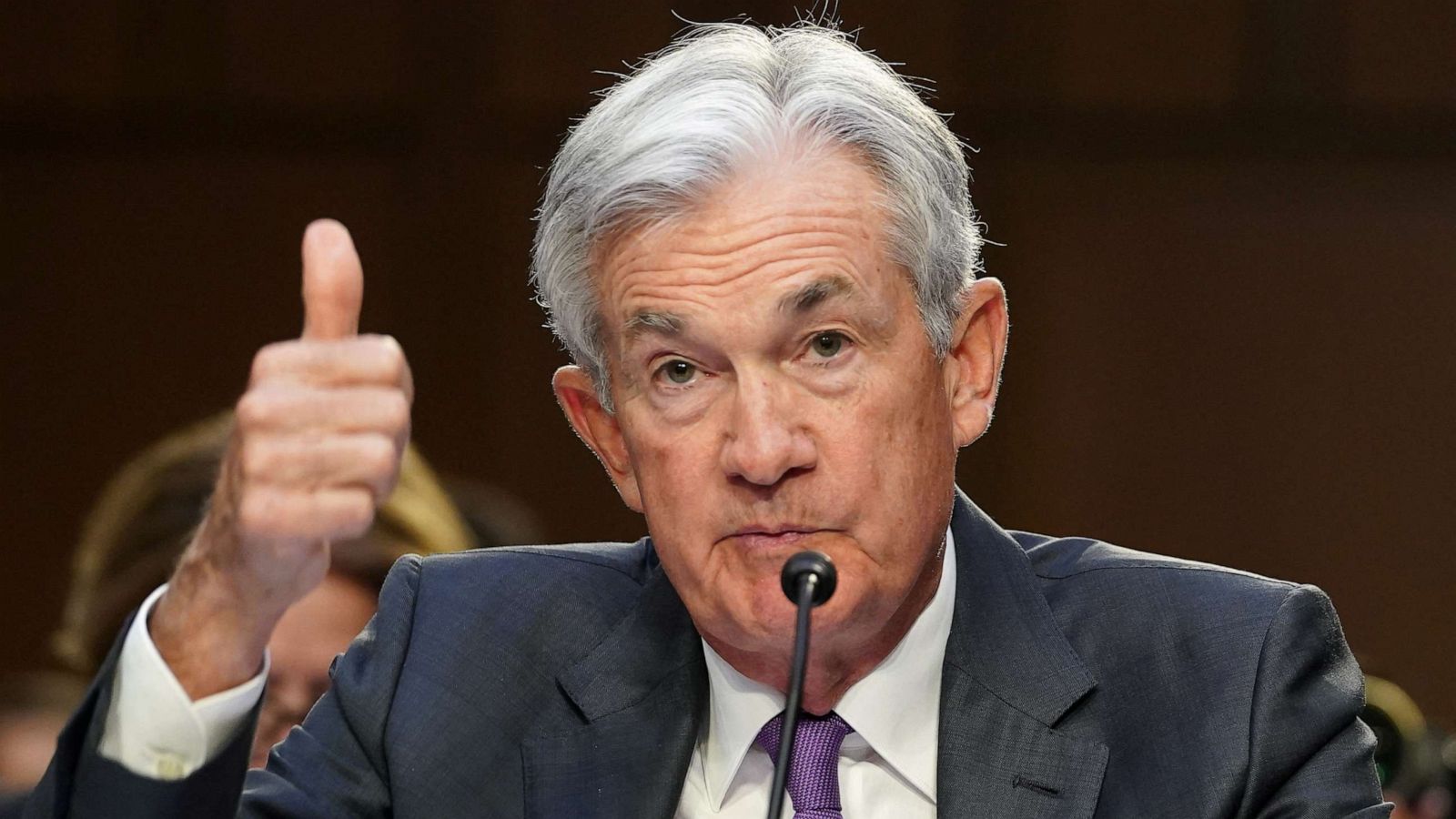Harvard University’s new free tuition policy for families earning under $200k aims to ease college costs. Explore the impacts on education, market trends, and the latest news.
Big News from Cambridge: Harvard Free Tuition Goes Mainstream
Harvard University is shaking up higher education with a groundbreaking announcement: Starting in the 2025-2026 academic year, families earning under $200,000 won’t pay a dime in tuition. For households making under $100k, Harvard will cover all costs—including housing, meals, and even travel expenses. This Harvard free tuition initiative marks the school’s largest financial aid expansion in decades, targeting middle-income families often squeezed by soaring college prices.
The move follows similar steps by MIT and other elite schools, but Harvard’s $50 billion endowment gives it unmatched firepower. Let’s break down what this means for students, the education sector, and broader market trends.
Breaking Down Harvard’s Free Tuition Policy
Under the new policy:
- Under $100k Income: Full coverage of tuition, housing, food, and a $2,000 “start-up grant” for freshmen.
- Under $200k Income: Zero tuition, with options for additional aid to offset living costs.
- Above $200k: Case-by-case aid evaluations.
Previously, only families earning below $85k qualified for free tuition. The shift reflects Harvard University’s push to counter the “affordability gap” plaguing middle-class students. As Ivy League sticker prices near $90k annually, even six-figure earners struggle.
“This is about ensuring every student can graduate debt-free,” a Harvard spokesperson said. But critics question whether the $275 million aid budget—amid federal research cuts and hiring freezes—is sustainable.
Why Middle-Income Families Are Celebrating
For years, middle-class families faced a brutal paradox: too “rich” for need-based aid but too “poor” to foot $30k+ yearly bills. Harvard free tuition now bridges that gap. Take Boston, where a $200k income barely covers a mortgage and daycare. Suddenly, Harvard becomes a viable option for local teens.
“This changes everything,” says Maria Gonzalez, a Cambridge parent. “My daughter can dream big without drowning in loans.”
But there’s a catch: Harvard University isn’t expanding enrollment. With acceptance rates below 4%, competition stays fierce. Still, the policy pressures rivals like Yale and Stanford to follow suit—or risk losing top talent.
Market Ripples: Universities, Investors, and Tax Battles
Harvard’s move isn’t just about education—it’s a market signal. Here’s the fallout:
PROS:
- Boosted Applications: More students may apply, bolstering Harvard’s prestige (and selectivity).
- Endowment Leverage: Using its $50 billion fund for aid could quiet critics calling for endowment taxes.
- Sector-Wide Shift: MIT’s 2024 aid expansion already set a trend. Now, pressure mounts on peers to compete.
CONS:
- Budget Strains: Harvard’s $275 million aid commitment coincides with Trump-era cuts to research and GOP tax threats.
- Inequality Concerns: Will this help diverse middle-class applicants, or mostly wealthy suburbs?
- Endowment Risks: If markets dip, relying on endowment returns for aid could backfire.
Latest News: Harvard’s Policy in Context
- MIT Doubles Down on Aid (March 2025)
Following Harvard, MIT announced expanded grants for families under $250k. Experts predict a “domino effect” among top schools. Source: Boston Globe - Trump Targets Endowments (March 2025)
The White House proposed a 5% tax on university endowments over $10 billion, aiming to “hold elites accountable.” Harvard and Princeton vow legal challenges. Source: Reuters - Stanford Considers Tuition Overhaul (March 2025)
Stanford’s board debates matching Harvard’s policy, per insider leaks. A decision is expected by May. Source: SF Chronicle - Ivy League Endowments Under Fire (March 2025)
Senators grill Harvard leaders over endowment management, asking why aid wasn’t expanded sooner. Source: NY Times
The Bottom Line for Families and Investors
For students, Harvard free tuition is a game-changer—but don’t expect Ivy League doors to swing wide open. selectivity remains a barrier. For investors, watch education stocks (like online course platforms) as affordability debates intensify.
Meanwhile, Harvard University bets big on its endowment’s resilience. If successful, this could redefine accessibility in elite education. If not, budget cuts and political fights loom. Either way, the college cost crisis just got a lot more interesting.
Got Thoughts?
Will Harvard’s policy ease your family’s college worries? Or is it a PR stunt? Sound off below! 🔥









